Pattern recognition Normal Worksheets for Ages 4-6
13 filtered results
-
From - To
Discover engaging Pattern Recognition worksheets designed specifically for children aged 4-6! These printable resources focus on enhancing essential early learning skills through fun and interactive activities. By recognizing and completing patterns, young learners develop critical thinking, problem-solving abilities, and improve their cognitive skills. Each worksheet is thoughtfully crafted to provide a balance of educational value and entertaining elements, making learning enjoyable. Ideal for use at home or in the classroom, our worksheets cater to various learning styles and can easily be incorporated into daily learning routines. Help your child embark on their educational journey with our delightful and enriching pattern recognition activities!
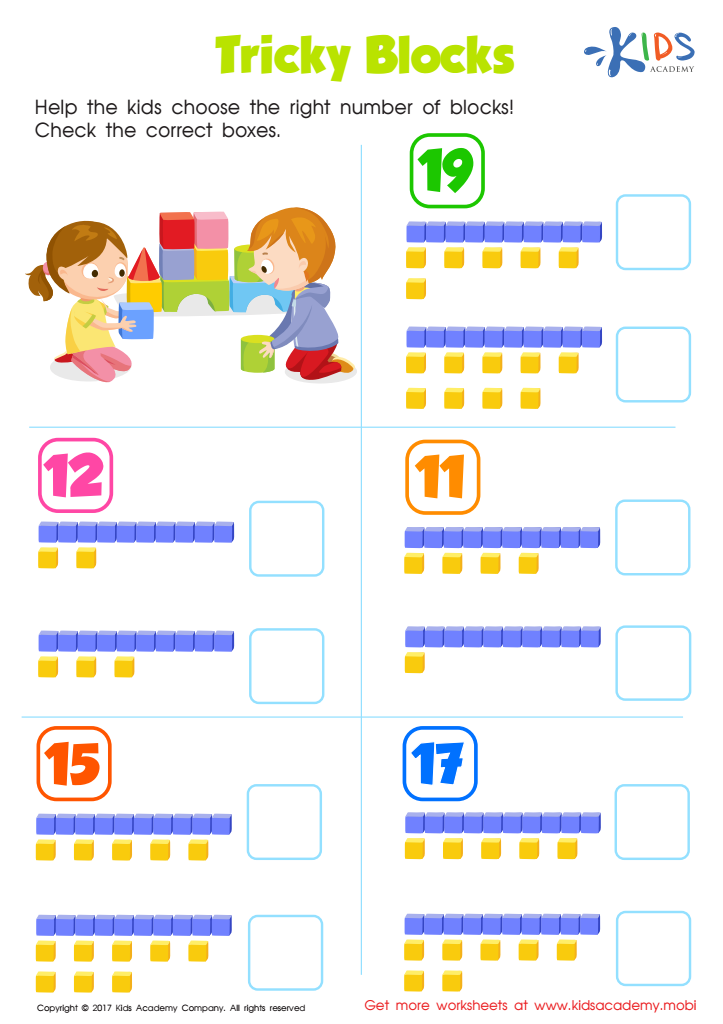

Tricky Blocks Worksheet
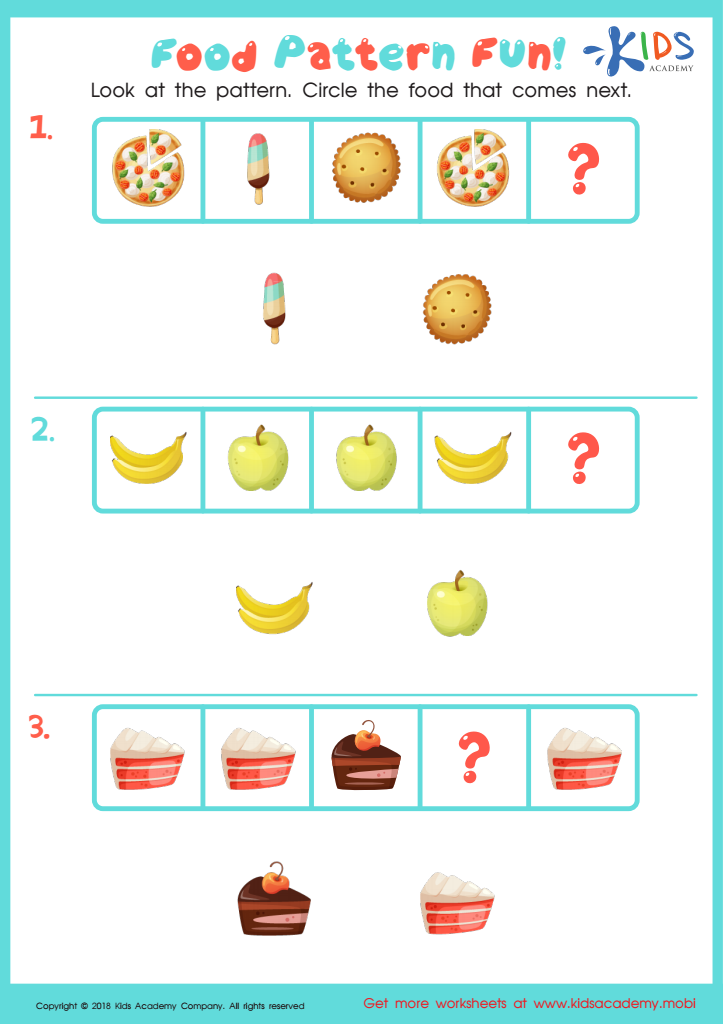

Food Pattern Fun Worksheet
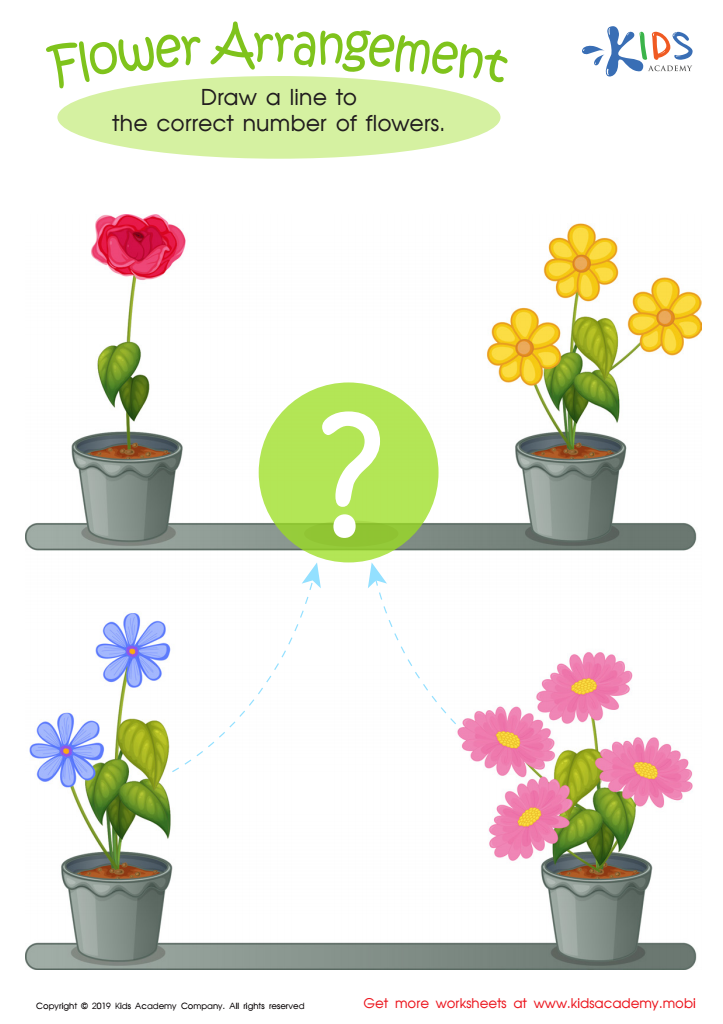

Flower Arrangement Worksheet
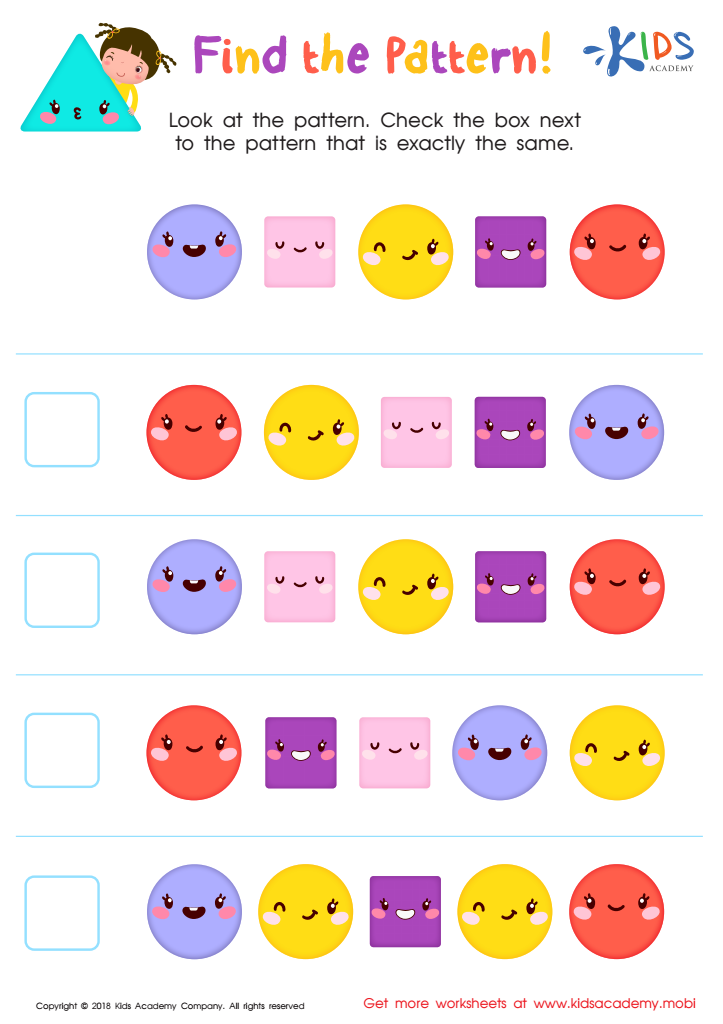

Find the Pattern Worksheet
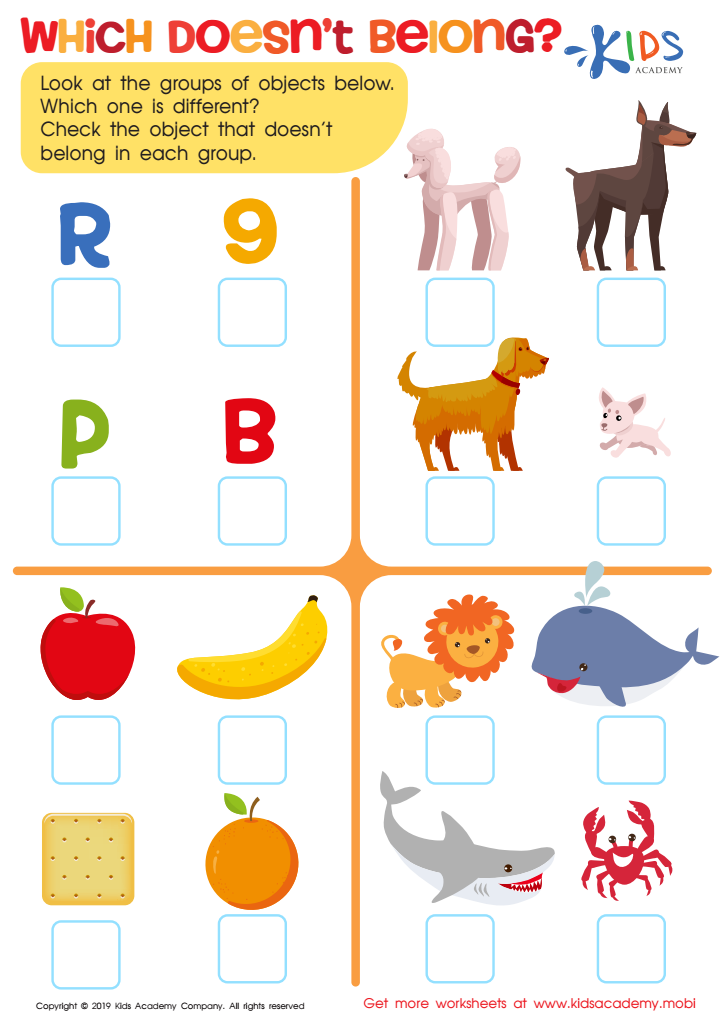

Which Doesn't Belong? Worksheet


Make the Same Pattern Worksheet
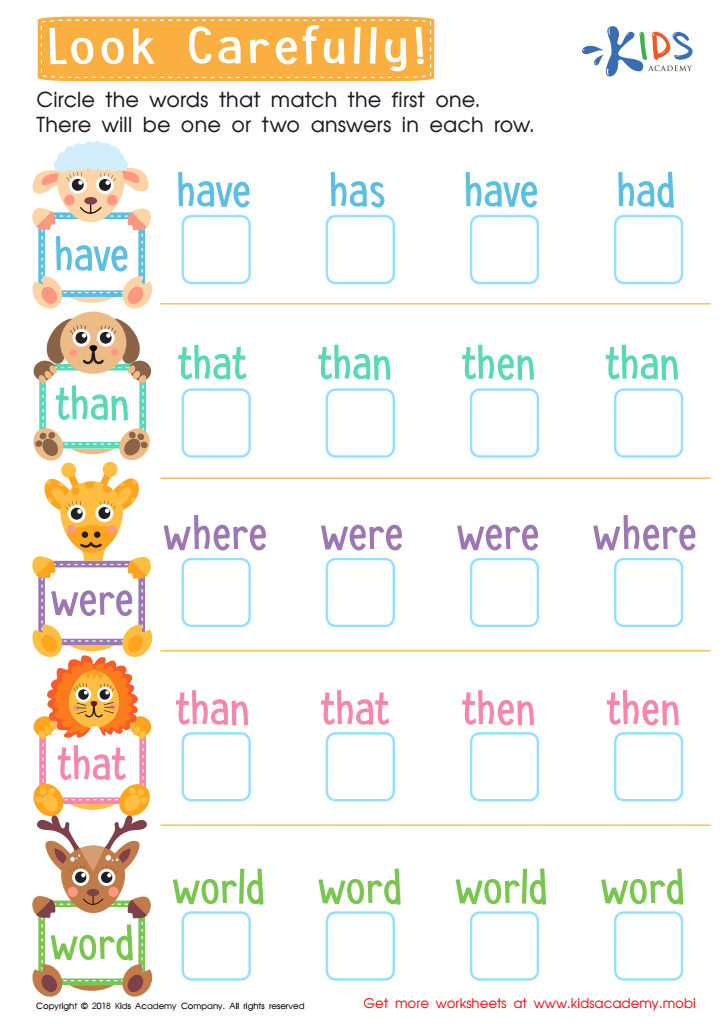

Look Carefully Worksheet
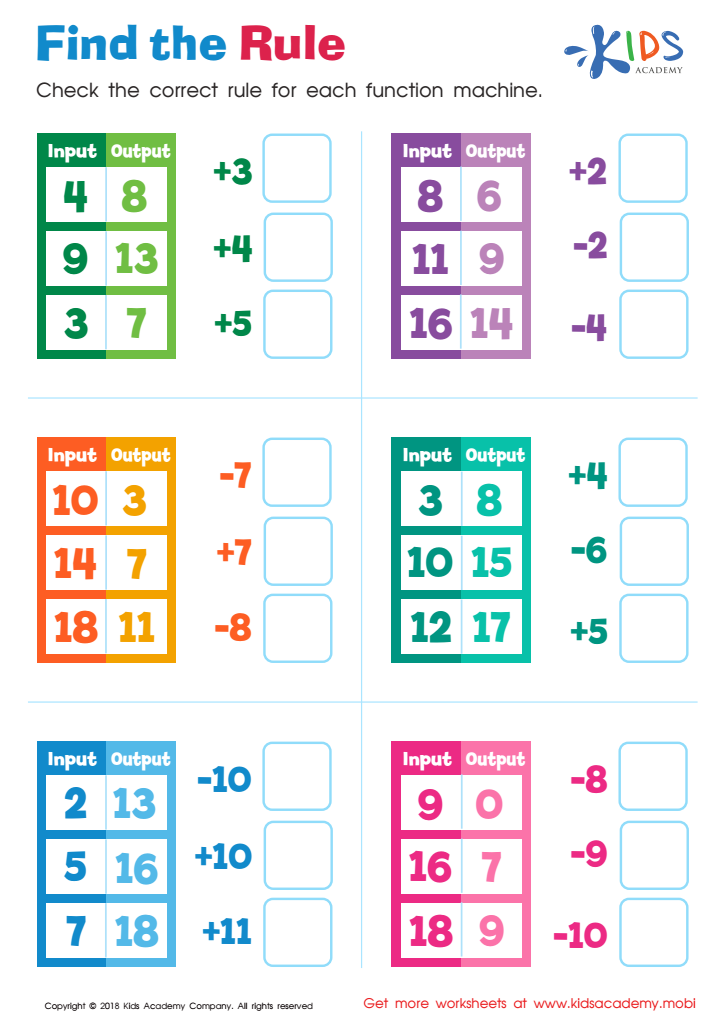

Find the Rule Worksheet


Logic Game Sorting Worksheet


Christmas: Christmas Tree Printable
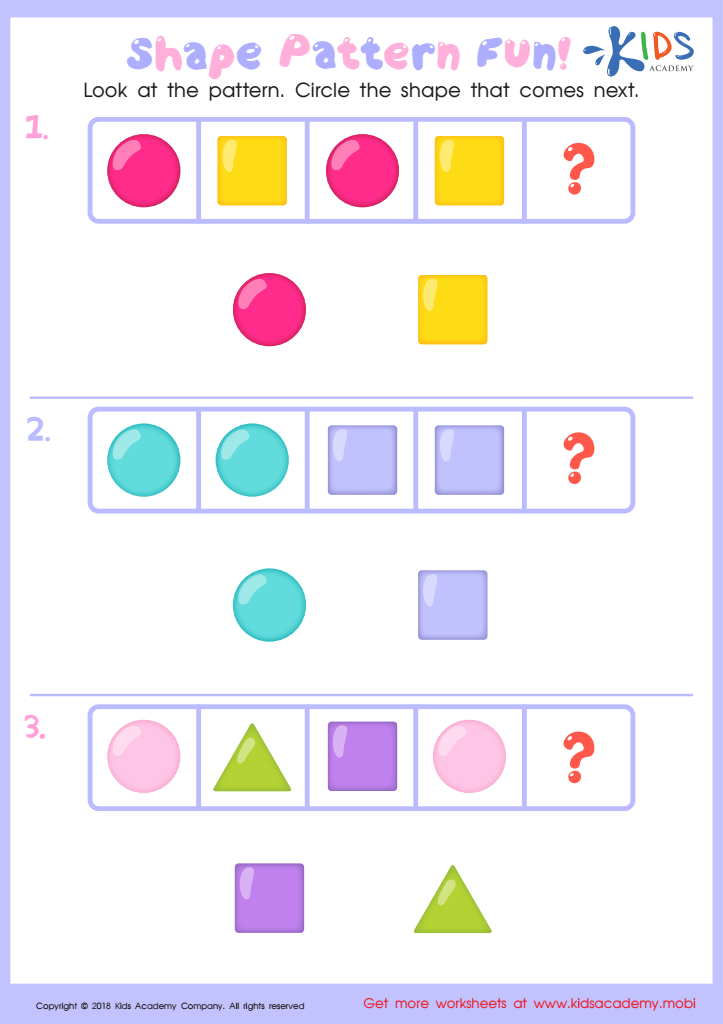

Shape Pattern Fun Worksheet
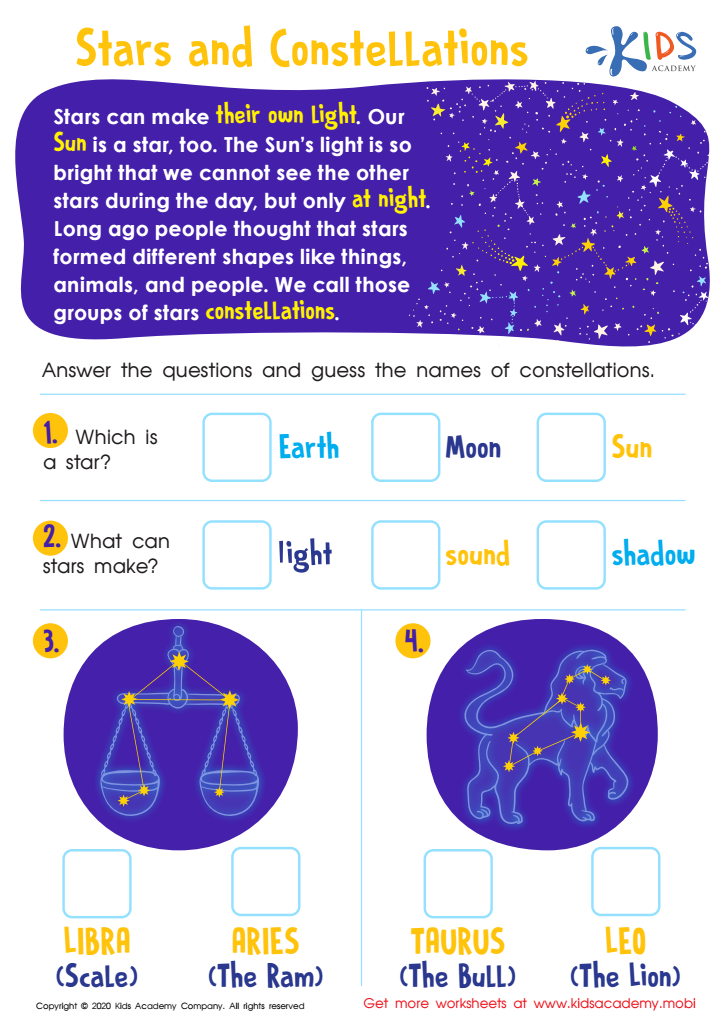

Stars and Constellations Worksheet
Pattern recognition is a fundamental skill that is crucial for early childhood development, especially for children aged 4-6. It lays the foundation for critical thinking, problem-solving, and mathematical understanding. When parents and teachers nurture pattern recognition in young learners, they are equipping them with the ability to notice and predict sequences and relationships, which helps in various learning areas, from mathematics to language development.
By recognizing patterns, children begin to understand concepts of order and structure, which can improve their cognitive abilities. This skill enhances their ability to make connections, draw inferences, and form logical conclusions, all essential components in later academic success. Additionally, engaging in pattern-based activities fosters creativity and can promote a sense of accomplishment in children when they successfully identify or create patterns.
Furthermore, pattern recognition is closely tied to literacy skills since language has its own patterns, including phonetics and grammar. As such, both parents and teachers play a vital role in incorporating pattern-recognition activities into daily routines and learning exercises, providing a rich environmental context that allows children to explore and develop this essential skill in an engaging manner. Ultimately, prioritizing pattern recognition contributes significantly to a child’s overall intellectual and social development.
 Assign to My Students
Assign to My Students

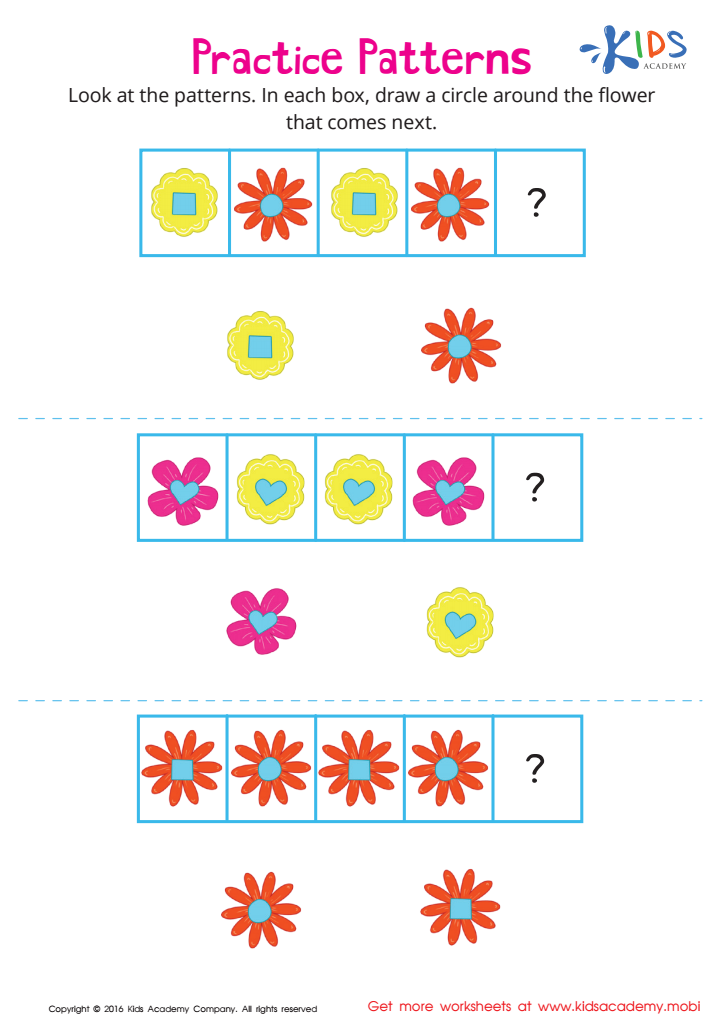





.jpg)











